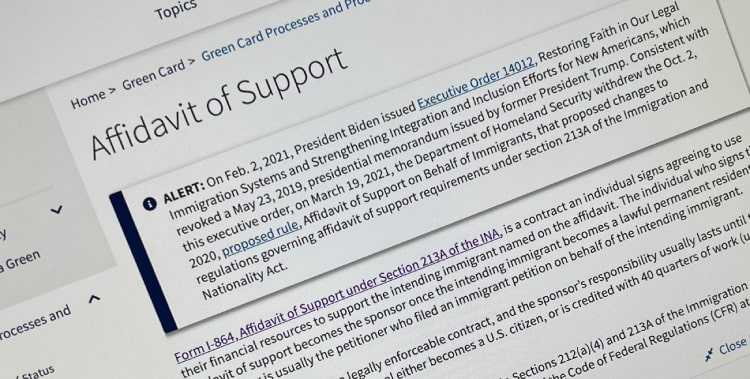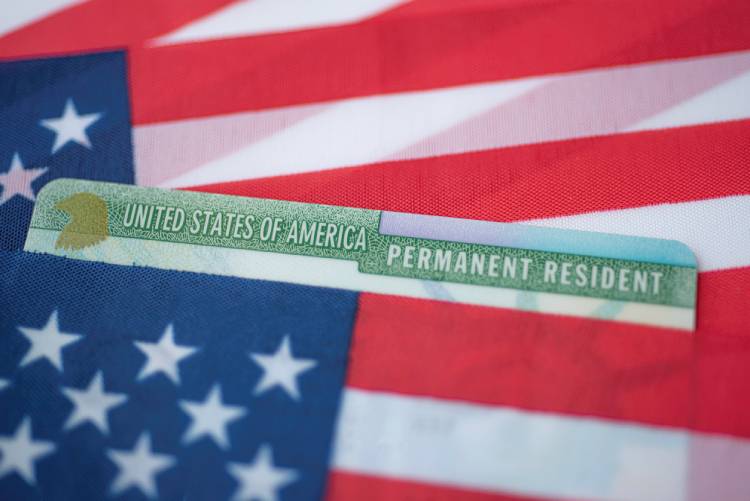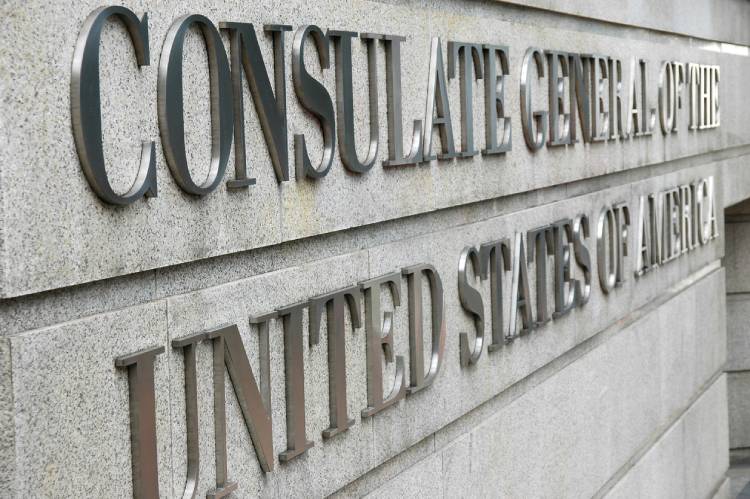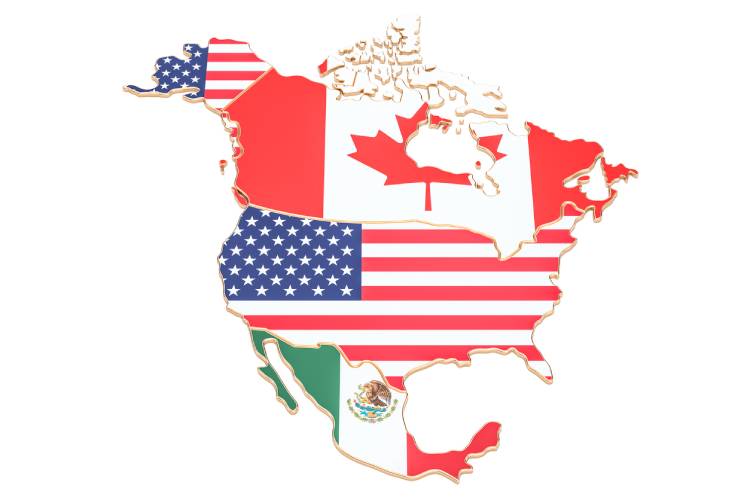For nonimmigrant visa holders in the United States, understanding which public benefits you are eligible for—and how receiving these benefits might affect your visa status—is crucial. Nonimmigrant visa categories encompass various purposes, including tourism, business, study, and temporary work. The eligibility for public benefits among nonimmigrant visa holders is limited, reflecting the temporary nature of their stay in the U.S. This post explains the benefits nonimmigrant visa holders can and cannot receive and the impact on their visa status.
Eligible Benefits for Nonimmigrant Visa Holders
Most nonimmigrant visa holders are ineligible for federal public benefits due to applicants’ requirements to qualify for these programs, such as being a U.S. citizen or a lawful permanent resident (LPR). However, there are exceptions in emergencies or for specific services:
- Emergency Medical Assistance: Nonimmigrant visa holders may be eligible for emergency medical services if they need immediate medical attention.
- School Lunch Programs: Children of nonimmigrant visa holders attending school in the U.S. may be eligible for school-based lunch and breakfast programs designed to ensure students receive nutritious meals.
- Immunizations and Testing: Services related to immunizations against vaccine-preventable diseases and testing for infectious diseases are typically available to nonimmigrant visa holders.
- Certain Public Health Services: Access to treatment for symptoms of infectious diseases and programs for public health assistance that are necessary for the protection of others are generally available.
Benefits Nonimmigrant Visa Holders Cannot Receive
Nonimmigrant visa holders are generally ineligible for most federal public benefits reserved for U.S. citizens and LPRs, including but not limited to:
- Supplemental Nutrition Assistance Program (SNAP)
- Most forms of Medicaid (except emergency Medicaid)
- Temporary Assistance for Needy Families (TANF)
- Supplemental Security Income (SSI)
Impact on Visa Status
- No Public Charge Concern for Nonimmigrants: The concept of “public charge” primarily applies to individuals seeking to become LPRs (i.e., green card holders) or enter the U.S. It does not typically impact nonimmigrant visa holders since their stay is considered temporary. They are not seeking to adjust their status to that of a lawful permanent resident. However, it’s crucial to comply with the terms of your visa.
- Visa Violations: Receiving benefits for which you are not eligible can lead to violations of your visa terms. It’s essential to ensure you only apply for and receive benefits for which you qualify.
- Change of Status or Adjustment of Status: If a nonimmigrant visa holder applies for a change of status (e.g., from a tourist visa to a student visa) or for adjustment of status to become an LPR, past receipt of public benefits for which they were not eligible could negatively impact their application.
Conclusion
While nonimmigrant visa holders in the U.S. have limited access to public benefits, understanding these restrictions is critical to maintaining compliance with U.S. immigration laws. It’s essential to know the services you are eligible for during your stay and avoid applying for benefits that could affect your current or future immigration status. Always seek guidance from official sources or consult with immigration experts when in doubt about your eligibility for specific public benefits.
Citations
We Can Help!
You may have questions regarding a U.S. Immigration Matter. We invite you to contact our team at Richards and Jurusik for detailed guidance and assistance. We aim to provide the most accurate and up-to-date information to make your immigration process smoother and less stressful. The immigration lawyers at Richards and Jurusik have decades of experience helping people to work and live in the United States. Read some of our hundreds of 5-star client reviews! Contact us today to assess your legal situation.







